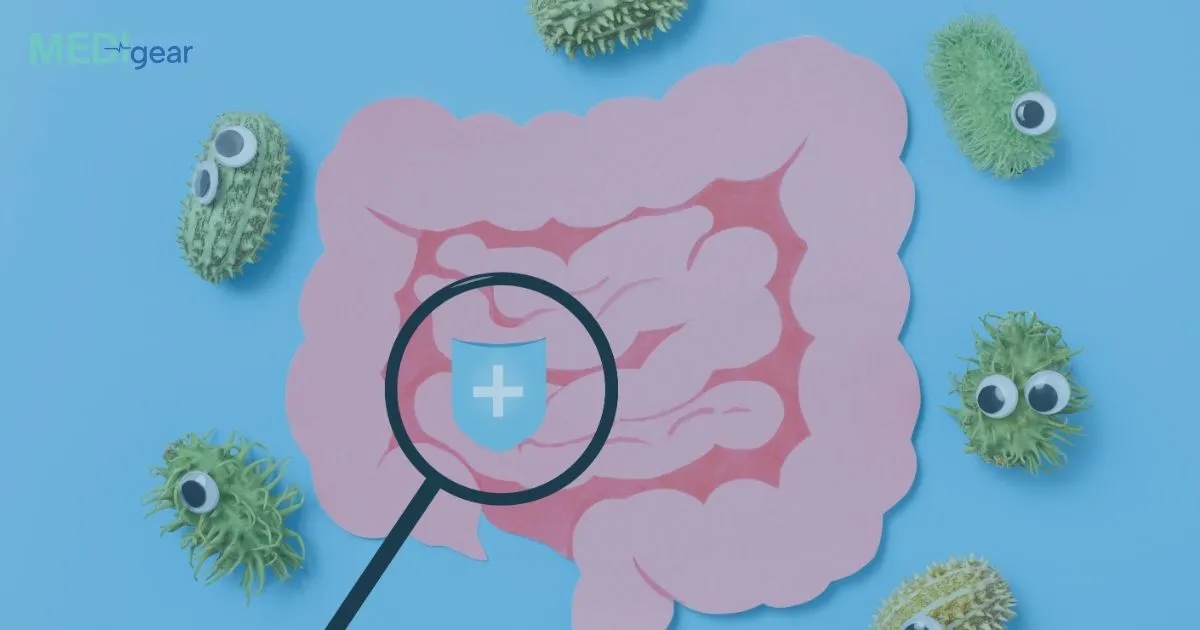Asthma is a chronic condition that causes inflammation and narrowing of the airways, making it difficult to breathe. Managing asthma often requires quick and effective delivery of medication to open the airways and reduce symptoms. One of the most effective devices for this purpose is the nebulizer.
What Is a Nebulizer?
A nebulizer is a medical device that converts liquid medication into a fine mist that can be inhaled directly into the lungs through a mask or mouthpiece. This makes it especially useful for patients who struggle with inhalers, such as children, older adults, or those with severe asthma attacks.
How Nebulizers Help in Asthma Treatment
- Direct Delivery to the Lungs
The mist reaches deep into the airways, allowing for faster relief from wheezing, coughing, and shortness of breath. - Ease of Use
Unlike inhalers that require coordination, nebulizers deliver medication over several minutes, making them simple and effective for patients of all ages. - Effective During Severe Attacks
When breathing is difficult, using a nebulizer ensures that the medication is still delivered efficiently. - Versatility
Nebulizers can deliver bronchodilators, corticosteroids, and other medications used in asthma management.
Types of Nebulizers
- Jet Nebulizers: Use compressed air to turn liquid medication into mist.
- Ultrasonic Nebulizers: Use high-frequency vibrations for a quicker mist output.
- Mesh Nebulizers: Compact and portable, with efficient medication delivery.
Role in Asthma Management
Nebulizers are not a cure for asthma, but they play an important role in:
- Providing quick relief during acute attacks
- Delivering long-term maintenance therapy
- Helping patients who cannot use inhalers effectively
Source: American Lung Association – Nebulizers and Asthma
Disclaimer: This blog post is for educational purposes only and should not be considered medical advice. Please consult a qualified healthcare professional for personalized diagnosis and treatment.






